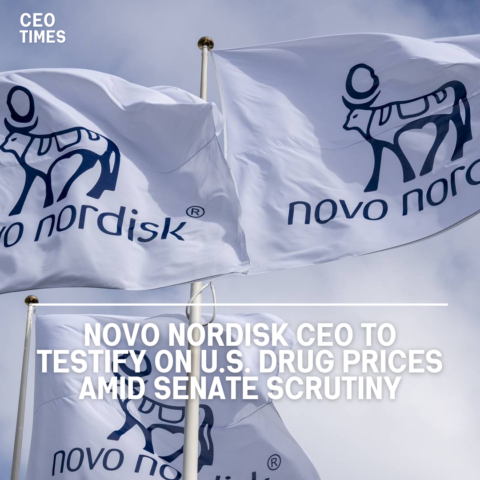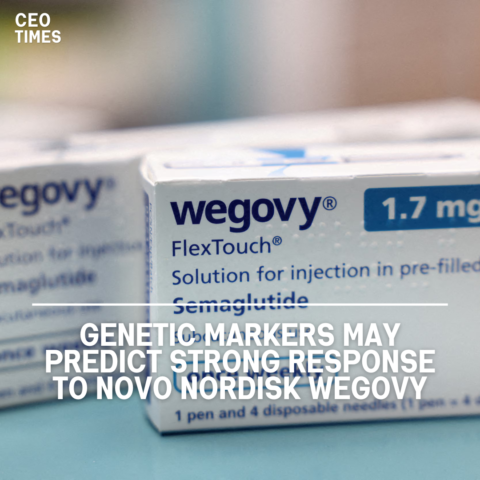Shares in Novo Nordisk, maker of the obesity drug Wegovy, fell 1.9% on Tuesday following the publication of a data analysis in JAMA Internal Medicine. The analysis compared weight loss outcomes between Eli Lilly’s tirzepatide, marketed as Mounjaro and Zepbound, and Novo Nordisk’s semaglutide, found in Wegovy and Ozempic.
Study Methodology and Results:
The analysis found significant differences based on the health records and pharmacy data of 9,193 patients for each drug. Patients taking Mounjaro were 76% more likely to reach at least 5% weight loss than those on Ozempic. They were more than twice as likely to achieve 10% weight loss and over three times as likely to achieve 15%.
Novo Nordisk responded, emphasizing the need for head-to-head clinical trials to compare these drugs accurately. They noted that Wegovy was not included in the study despite its relevance to weight loss.
Eli Lilly declined to comment on the study but highlighted ongoing late-stage trials comparing tripeptide and semaglutide, which are expected to conclude later this year.
Market Dynamics and Potential:
Novo Nordisk and Eli Lilly are leaders in insulin production and are competing in the growing weight-loss drug market, which is projected to reach $150 billion annually by the early 2030s. Both drugs are administered through once-weekly self-injection pens, catering not only to diabetes but also to weight loss.
The study noted that while both drugs are approved for use in people with type 2 diabetes, half of the participants used them solely for weight loss, which could have influenced the results. The initial findings were published on medRxiv in November and await peer review.
Market Impact and Growth:
Despite the findings, Novo Nordisk and Eli Lilly shares have been at record highs due to profits from their weight-loss drugs. Wegovy has been available in the US since 2021, while Zepbound (tripeptide) launched later.




















